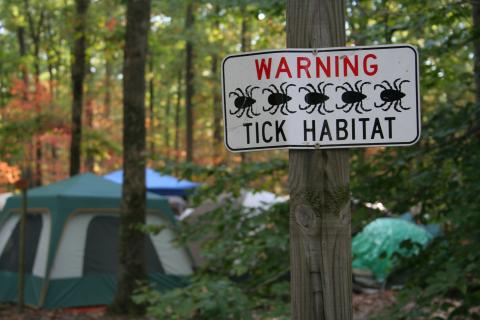Author profile

David M. Patrick, MD, FRCPC, MHSc
We thank Dr Walter for sharing his story and question in the context of our article. We are pleased to hear that he has been well since clearing the infection he described. Quoted guidelines like those produced by... Read More
From the beginning of antibiotic therapy, the length of prescription or days of therapy (DOT) was not evidence driven. Practice settled on 1 or more weeks, predicated on the incorrect belief that longer courses (well... Read More
Key messages: Reducing early-life exposure to antibiotics may decrease the risk of childhood asthma by preserving the gut microflora responsible for training the immune system. Ongoing work in BC investigates... Read More
Far too many patients carry an inaccurate label of beta-lactam allergy and consequently receive alternative antibiotics, often with too broad a spectrum, a higher risk of adverse events, an increased chance of selecting... Read More
BC physicians are familiar with Bugs & Drugs, a comprehensive guide to antimicrobial therapy and an aid to wiser antibiotic use in front-line practice. The guide was initially available as a book, subsequently as an... Read More
Background The Thompson-Okanagan region of British Columbia (population approximately 540 000 in 2015) is an arid part of the province contiguous with north-central Washington state. A warm dry climate and... Read More
We thank Dr Cimolai for his letter. The thrust of our short report was to provide positive feedback to BC physicians who have unequivocally achieved a 15% reduction in antibiotic prescribing over 10 years. That report... Read More
Borrelia burgdorferi sensu lato is a diverse bacterial group with a worldwide distribution of 20 named and 1 unnamed genospecies. B. burgdorferi sensu stricto seen in North America, B. afzelii and B. garinii in Europe,... Read More
What is Zika? Zika virus is a flavivirus from the same family as dengue virus and West Nile virus. Infection in humans was rare and isolated to Africa and Asia until 2007.[1-3] Since the first human case of Zika... Read More
It is rare to find a health intervention that both improves a standard of practice and reduces costs, but this seems to be the case for the Do Bugs Need Drugs? program in BC. The World Health Organization and the... Read More








